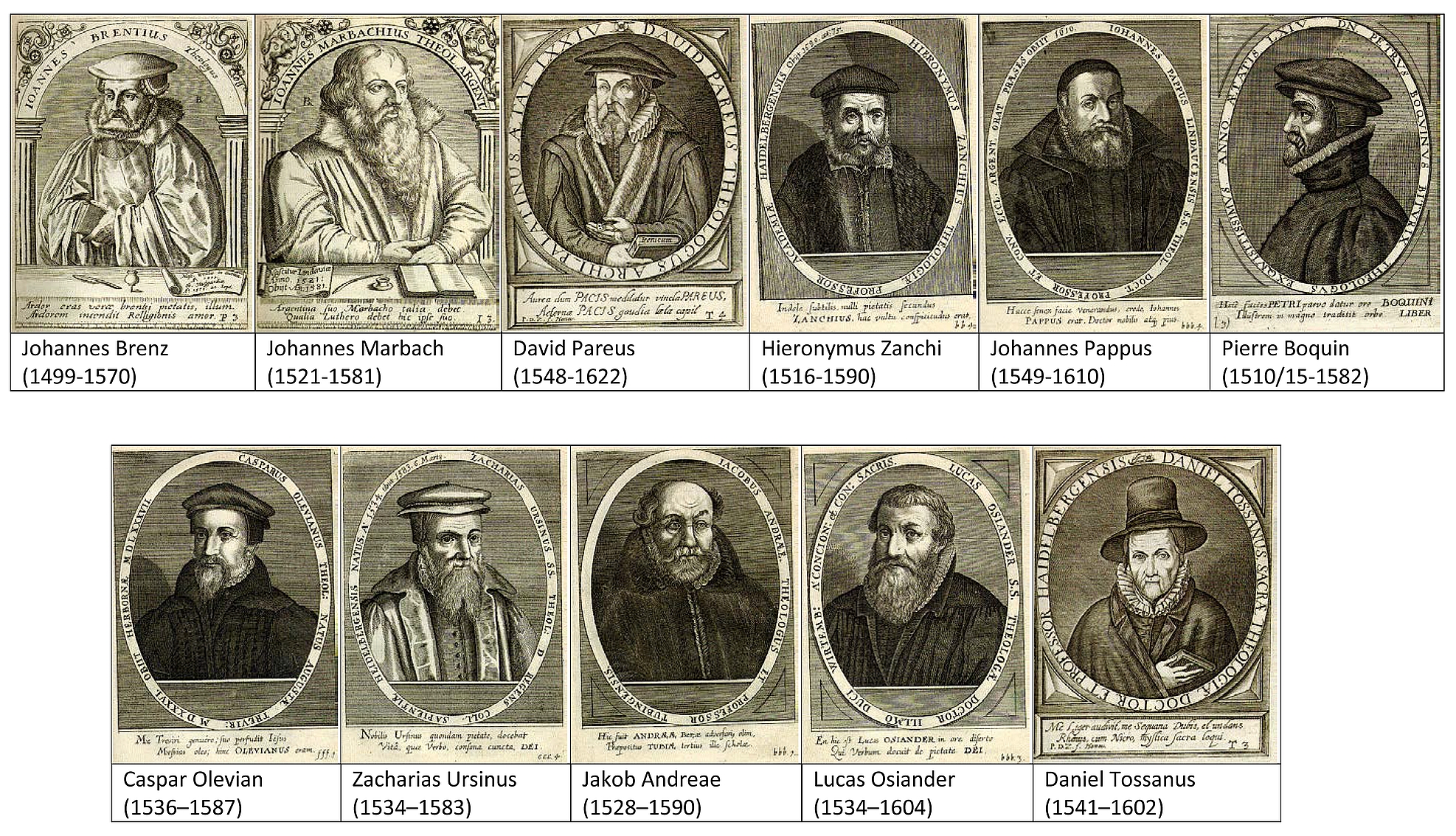Due to technical difficulties, the database is currently only accessible from the Heidelberg University network or via eduroam. We are working to restore functionality as quickly as possible and apologize for any inconvenience.
Theologians’ Correspondence in the Southwest of the Empire in the Early Modern Period (1550-1620)
Go to our database: https://thbw.hadw-bw.de
Go to our Letter of the Month
Video about our project
The task and purpose of this research project is to compile, analyze and partially edit the letters of all leading theologians and churchmen of the Electoral Palatinate, the Duchy of Württemberg and the Imperial City of Strasbourg in the years 1550 to 1620. An evaluation of the letters of this period is particularly well suited to shed light on the process of confessionalization and its consequences in the early modern period. Correspondence corpora are extremely useful sources if one not only examines the letters of individuals, but rather focuses as completely as possible on the entire correspondence of specific groups of persons in selected regions in discrete periods of time. This allows one to discern networks and discover previously hidden patterns. Since theologians played a key role in the formation of the confessions, their letters provide many insights into the motives and mechanisms of confessionalization.

PortrAIts From: Boissard, Bibliotheca chalcographica, Heidelberg/Frankfurt a. M. 1652-1669 (Source: Mannheim University, MARABU)
Given the fact that the group of relevant theologians and churchmen is over 200 strong, a corpus of about 35,000 letters is expected. This large number of documents will be compiled in its entirety in a database (https://thbw.hadw-bw.de) by recording essential information for each of the letters (sender, addressee, date, incipit, key words etc.) and summarizing its content in an abstract (Regest); a portion of the letters will also be reproduced as a digital copy of the handwritten original; an even more limited selection will be transcribed and this transcription presented online. Finally, approximately 1,000 letters particularly relevant to the relationship between confessionalization, the emergence of territorial states and the process of secularization will be critically edited and annotated. The compilation and edition of these letters will be accompanied by an evaluation of their content with special attention to these central themes. Doctoral students involved in the project will devote themselves to specific individual correspondences. Last but not least, the data of the collected letters will serve as a basis for reconstructing and analyzing the correspondence networks of the southwestern German theologians.

